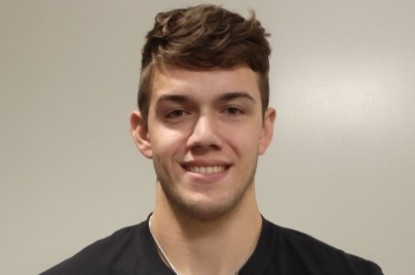

Maria asked Kala how she felt about being diagnosed as autistic, and Kala replied by saying that she felt a sense of relief about getting a clear answer about her true diagnosis. Kala explained to her that she doesn’t wear clothes that are tight on her, and she read an article about autism and sensory issues, and her therapist signed her up to be evaluated by someone who officially gave Kala her autism diagnosis. She told her therapist that she believes she might be autistic, and the therapist asked her why she believed that was the case.


Kala’s therapist originally thought that she had a condition called borderline personality disorder (BPD) and has studied mental health Kala knew what borderline personality disorder was and just didn’t believe that it suited her well. During the weekly individual sessions, Kala was asked questions such as whether she had PTSD or depression in order to figure out what the underline issue is with her. So, she had a group session with young adults that were between the age range of 16-24 years old, and she also attended individual therapy sessions as well. She was accepted for the Fulbright Scholarship in Nigeria’s World Health Organization, and she was instructed to go to therapy for six months to receive the doctor’s approval to go to Nigeria. In the interview, the first subject that Maria discussed with Kala was getting an autism diagnosis later in life as an adult, and Maria asked Kala how she went about getting her diagnosis for autism, and Kala’s response was that she went to get therapy at the time due to her having a falling out with a group of people who she thought were her friends. In a YouTube Podcast video titled Afrotistic with Kala Allen Omeiza,Speaker, Author, Parent Coach, and Autistic individual/advocate Maria Davis-Pierre did an interview with Kala Omeiza about her experiences with autism and how it led her to write her novel Afrotistic.


 0 kommentar(er)
0 kommentar(er)
